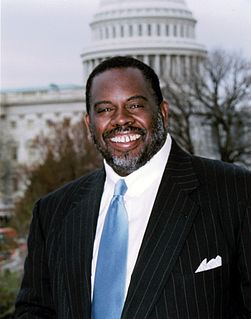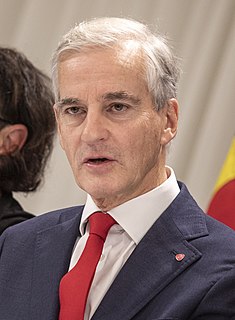A Quote by John McCain
Anybody who believes the surge has not succeeded, militarily, politically and in most other ways, frankly, does not know the facts on the ground.
Related Quotes
[The scientist] believes passionately in facts, in measured facts. He believes there are no bad facts, that all facts are good facts, though they may be facts about bad things, and his intellectual satisfaction can come only from the acquisition of accurately known facts, from their organization into a body of knowledge, in which the inter-relationship of the measured facts is the dominant consideration.
During our long period of slumber the United States government has lost its moral authority. It is owned, operated, and controlled by Wall Street, Corporate America, and the Israeli Lobby with the full complicity of the national media. The United States has become ungovernable, unfixable, and, therefore, unsustainable economically, politically, militarily, and environmentally. It has evolved into the wealthiest, most powerful, most materialistic, most racist, most militaristic, most violent empire of all times.
I don't like realism. We already know the real facts about li[fe], most of the basic facts. I'm not interested in repeating what we already know. We know about sex, about violence, about murder, about war. All these things, by the time we're 18, we're up to here. From there on we need interpreters. We need poets. We need philosophers. We need theologians, who take the same basic facts and work with them and help us make do with those facts. Facts alone are not enough. It's interpretation.
I take facts about reasons to be fundamental in two ways. First, I believe that facts about reasons are not reducible to or analyzable in terms of facts of other kind, such as facts about the natural world. Second, I believe that reasons are the fundamental elements of the normative domain, and other normative notions, such as goodness and moral right and wrong can be explained in terms of reasons.


































